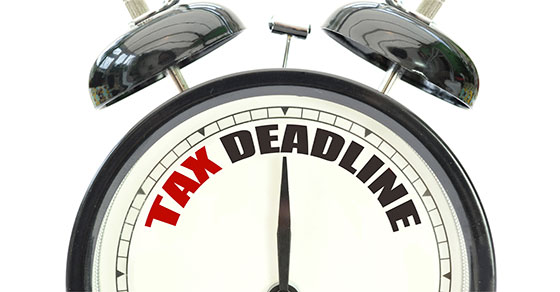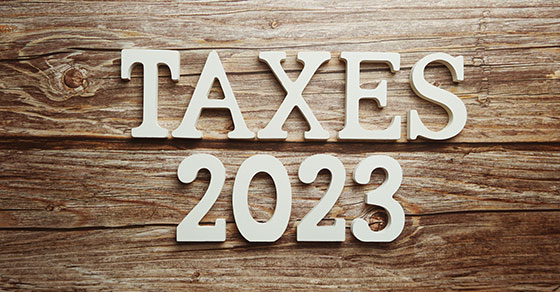Don’t have a tax-favored retirement plan? Set one up now
If your business doesn’t already have a retirement plan, it might be a good time to take the plunge. Current retirement plan rules allow for significant tax-deductible contributions. For example, if you’re self-employed and set up a SEP-IRA, you can contribute up to 20% of your self-employment earnings, with a maximum contribution of $69,000 for […]
Don’t have a tax-favored retirement plan? Set one up now Read More »










